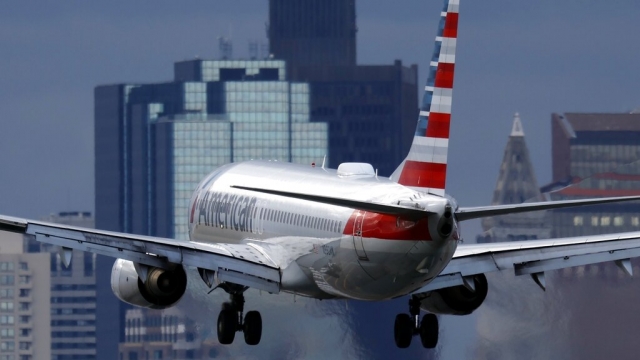In the sky, it may feel like the wheels are coming off, with near miss after near miss of planes.
"A lot of this isn't reinventing the wheel," said David Slotnick, senior aviation business reporter at The Points Guy. "It's sort of just oiling it up, basically making sure it can spin again."
Now the FAA is telling airlines it needs their help preventing a logistical meltdown this summer in the country's busiest region for air travel.
"We need to make sure, of course, that as that system comes back to that high level of demand, there is no negative safety impact to that," said Pete Buttigieg, transportation secretary.
At a hearing on Capitol Hill this week, Buttgieg committed to an accounting of why recent "close-calls" happened and what the FAA can do to prevent them going forward. Among the efforts already underway is more training for ATC, or air traffic controllers, with updated training software, plus coordination with ATC supervisors and the Controllers Union to underscore safety parameters.
"People don't really realize the work that goes into being a controller," Slotnick said. "You have to train immensely. You have to be really good at all these procedures and everything that you have to go through weeks of training in the place that you're actually working."
SEE MORE: No one hurt when 2 United flights touch at Boston airport
That logistical challenge has left the FAA with a huge training backlog from the pandemic and too few controllers in places like New York Center — a huge air traffic control hub that coordinates the dance of planes flying high over the New York area. That shortage prompted the FAA to tell airlines it's okay if they don't use up all of their allotted flight schedules this summer, so-called "slots."
"The FAA uses a system, the slot control system, to basically set a number of flights," Slotnick said. "That can happen per day, and it's a way to just avoid overcrowding, really... What the FAA is doing is saying that if you don't want to use the slots this summer, up to 10% of them, you don't have to, and you won't lose them. We won't penalize you."
That could mean fewer flights for travelers but could help avoid a situation where the number of flights exceeds ATC capacity to manage them — a delicate dance for a strained FAA, trying to reassure the flying public.
"Bar none, it's the safest way to move around somewhere," Slotnick said. "It is extremely safe."
Trending stories at Scrippsnews.com



